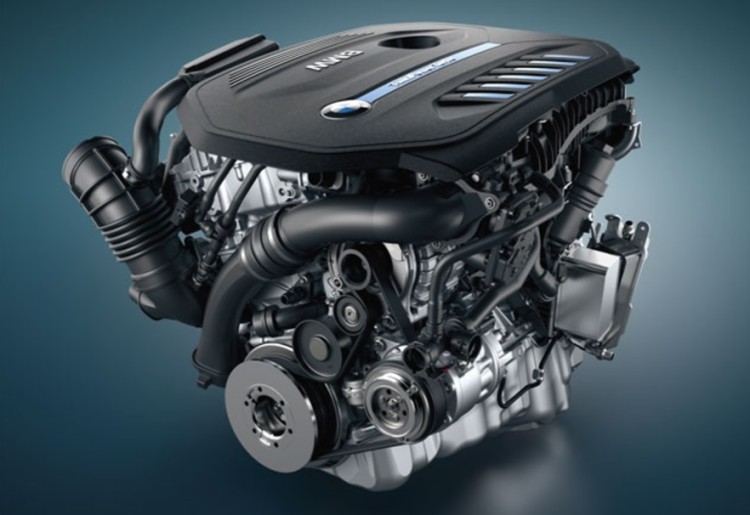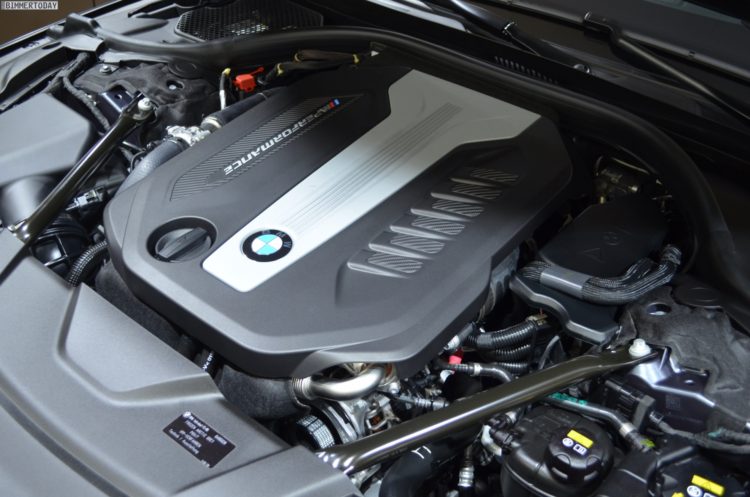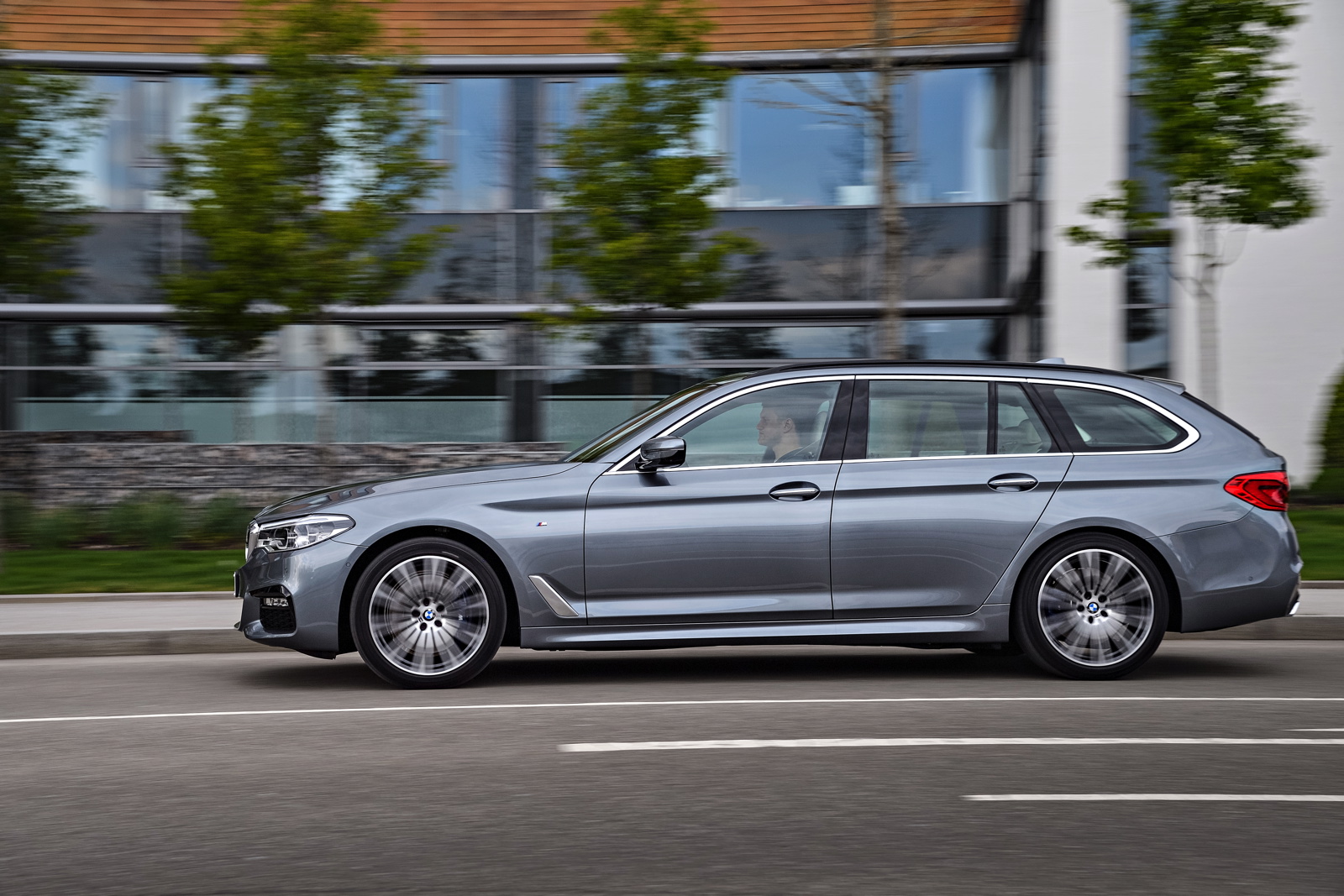Diesel engines are beginning to quickly becoming rather unpopular. With the advent of hybrid and electric cars, along with some scandalous emissions activity on behalf of automakers, customers are starting to be turned off by diesels. This is unfortunate, as diesel engines are very efficient, provide more torque and better fuel economy. Bu why? Why does such a crude oil, and one that has such a bad reputation, work so well?
It’s explained in this new video from Car Throttle.

Both engines are four-stroke engines, meaning that each engine requires its pistons to make four strokes, two up and two down, to complete its operating cycle. However, both have one very distinct difference from each other.
Petrol engines (gasoline engines) use a spark plug to ignite their fuel/air mixture. Diesel engines use more extreme compression, as the more compressed the air gets, the higher the temperature gets. In a diesel engine, the compression ratio (the difference between bottom-dead center and top-dead center) is much greater, thus creating more compression, enough to ignite the fuel and air.

There are benefits to both engines. Diesel engines have the advantage of better fuel economy, more low-down torque and more effective engine-braking. Petrol engines have the advantage of being able to rev a lot higher and being capable of much more horsepower. In performance cars, petrol engines are preferred and in cars/trucks made for efficiency or torque, diesel engines are preferred.
Both engines have their place and have their purposes. Petrol engines are far more common nowadays and diesel engines are slowly on their way out. Though, many would say that even petrol engines are on their way out. But which one is better? Which sort of engine do you like to use better? And do you think diesel engines should die off before the internal combustion engine does?





































































